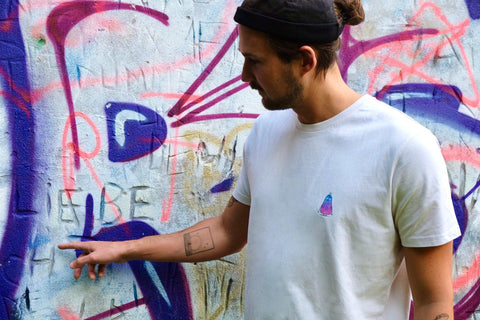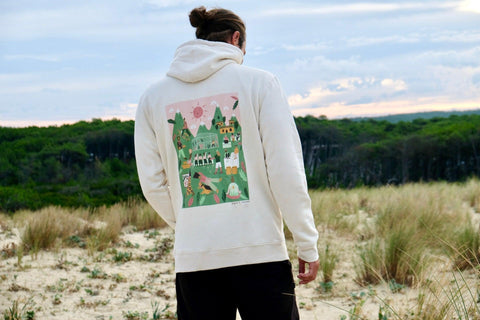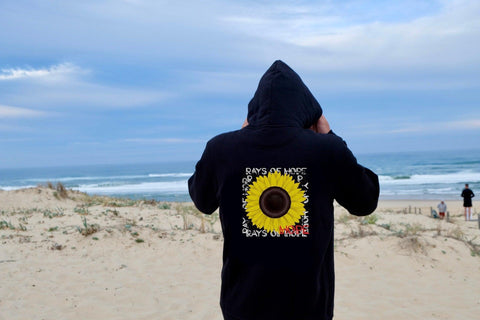It's easy to get caught up in the excitement of buying new things without thinking about the bigger picture.
Unconscious consumerism, driven by our desire for instant gratification, can have far-reaching impacts on our planet and our well-being.
From excessive waste and resource depletion to environmental pollution and social inequality, the impact is significant.
Let’s examine the hidden costs of unconscious consumption.
Unconscious camping

Many people have fulfilled their dream of buying an RV so they can move into the wilderness and experience the feeling of freedom.
Unfortunately, unconscious camping practices, such as littering and disregard for the environment, have significant negative consequences for future generations.
This not only harms nature, but also leads to more and more restrictions and higher prices, creating a cycle of negative impacts.
Bullying and social exclusion

Unconscious consumer behavior can lead to social inequalities, where children from families that cannot afford popular brands face exclusion and inequality among their peers.
It emphasizes the need for inclusion and fostering an environment in which all students feel valued, regardless of their socioeconomic background or material possessions.
Slow and sensible consumption in an age of abundance

Today, more than ever, we have the opportunity to consume books, music and films.
However, we tend to consume them less intensively and more quickly, constantly moving on to the next one.
This abundance of options creates a cycle of constant consumption that limits our ability to fully appreciate and engage in each individual experience.
Balanced Consumption: The Challenge of Equal Opportunities
For many years we have exploited other countries and consumed them to the greatest extent possible.
Now that we recognize the need for lower consumption, it seems unfair to deny other countries the opportunity to experience the same levels of consumption that we once enjoyed.
It's a complex situation in which we find ourselves telling them, "No, you can't have what we had," while they slowly gain the means to consume more.
conclusion
If we do not change our unconscious consumption habits, we will pass on the same behavior patterns to the next generation.
Our decisions affect the people around us, including our children.
To create a better future, we must break the cycle and promote conscious and responsible consumption.









